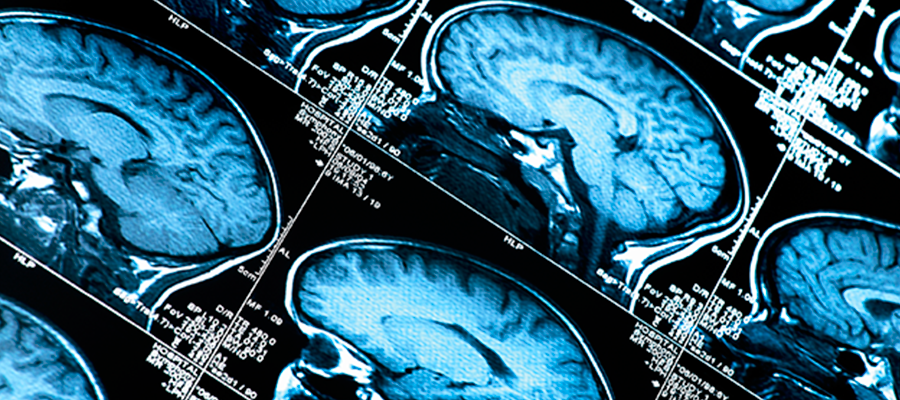Improving treatment for patients with recurrent glioblastoma
18 Feb 2015
EORTC 1410-BTG/AbbVie M14-483
The median survival for patients diagnosed with glioblastoma, a form of brain cancer, is just 9 to 15 months. Even with aggressive treatment, patients with glioblastomas inevitably relapse after the standard treatment which includes surgery, radiotherapy, and temozolomide chemotherapy. There is no cure for this disease which is considered to be the most aggressive primary brain tumor in adults.
Previous attempts to improve treatment for patients with recurrent glioblastoma focused on the use of drugs that inhibited the epidermal growth factor receptor, a receptor that is found in disproportionately high concentrations and sometimes is mutated in glioblastomas. Unfortunately, the drugs used, monoclonal antibodies or tyrosine kinase inhibitors, have not proved effective so far in clinical studies.
Prof. Martin van den Bent of the Erasmus MC Cancer Institute in Rotterdam and Coordinator of this study points out, “Targeting the epidermal growth factor receptor remains a logical approach, and another way to do this would be to use the activated epidermal growth factor receptor to target the tumor cell with highly toxic agents. Activated epidermal growth factor receptors are found in more than half of all glioblastomas. These receptors will be targeted by ABT 414, an antibody-drug conjugate that binds specifically to a unique epitope of the activated human epidermal growth factor receptor and carries a very potent cytostatic. This approach has been very successful in other solid cancers.”
EORTC 1410-BTG/AbbVie M14-483 will assess whether ABT 414 alone or in combination with temozolomide improves overall survival, progression-free survival, tumor response, quality of life, neurological deterioration-free survival, and steroid use compared to standard treatment with lomustine alone or temozolomide re-challenge in patients with centrally confirmed recurrent EGFR-amplified glioblastoma. The primary endpoint is overall survival at final analysis and progression-free survival according to Response Assessment in Neuro-Oncology (RANO) criteria and by an Independent Review Committee at the interim analysis.
EORTC trial 1410-BTG plans to accrue 240 patients and is being conducted at 35 EORTC network sites located in eight countries, Austria, Belgium, France, Germany, Italy, the Netherlands, Switzerland, and the United Kingdom, and by AbbVie affiliates located in Australia, Canada, Czech Republic, Finland, Hungary, Ireland, Korea, Mexico, Poland, Puerto Rico, Singapore, Spain, Taiwan, and the United States. EORTC holds the database and is responsible for all statistical analyses. This trial is funded by AbbVie.
John Bean, PhD
EORTC, Medical Science Writer
Related News
Meet the new EORTC Board
9 Jul 2024
We are pleased to announce the release of the EORTC 2023 Annual Report
17 Jun 2024
Dr Denis Lacombe, EORTC CEO, appointed stakeholder co-chair of ACT EU advisory group
24 May 2024
Clinical Trials Day 2024: a Q&A on pragmatic clinical trials
20 May 2024
EORTC/EMA workshop suggests an international way forward for treatment optimisation studies
8 May 2024
EORTC’s Participation at the ESTRO Congress 2024
29 Apr 2024
EORTC: Advancing research and treatment for rare cancers
29 Feb 2024
EORTC Fellowship Programme: celebrating more than 20 years of impactful collaboration
22 Feb 2024
Appointment of Malte Peters as EORTC Strategic Alliance Officer
9 Feb 2024
Unique series of workshops in partnership with the European Medicines Agency (EMA)
7 Feb 2024


